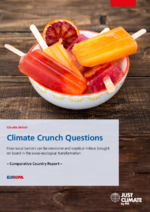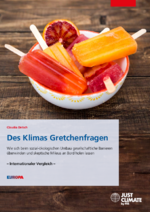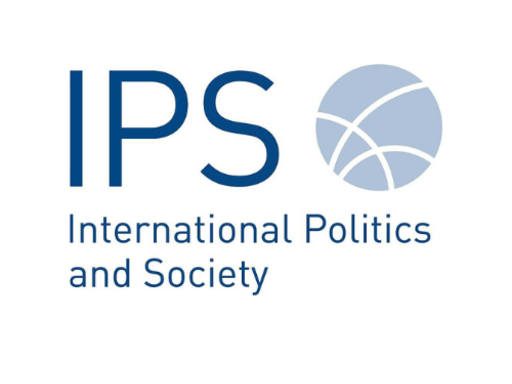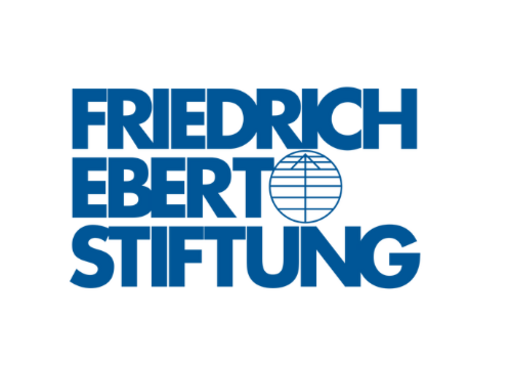Publications
Detsch, Claudia
Climate Crunch Questions
Brussels, 2024
Download publication (1 MB, PDF-File)
Detsch, Claudia
Des Klimas Gretchenfragen
Brussels, 2024
Download publication (1 MB, PDF-File)
Schleer, Christoph; Wisniewski, Naima; Reusswig, Fritz A.
Shaping the social-ecological transformation: How social barriers can be overcome and how resonance potentials can be utilised
Brussels, 2024
Download publication (3 MB, PDF-File)
Schleer, Christoph; Wisniewski, Naima; Reusswig, Fritz A.
Sozialökologische Transformation gestalten: Wie gesellschaftliche Barrieren überwunden und Resonanzpotenziale genutzt werden können
Brussels, 2024
Download publication (3 MB, PDF-File)
Briefings
All News & Events
CBAM – a game changer for global carbon reduction policies?
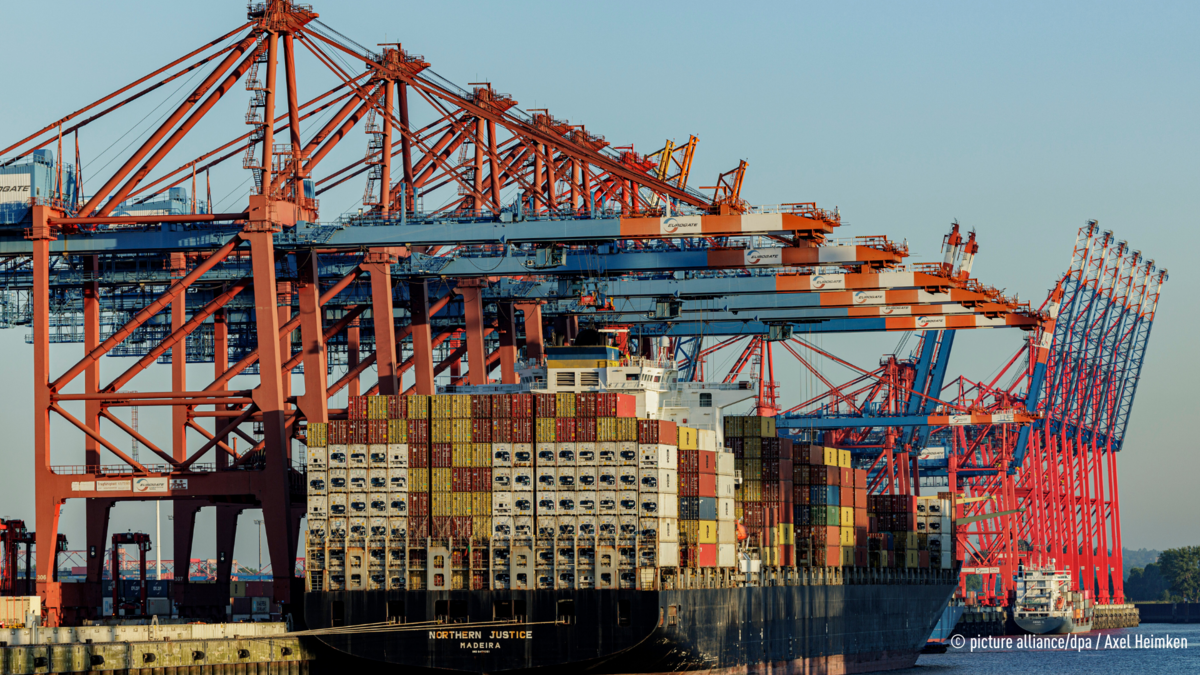
CBAM will enter into effect in 2026, requiring importers of carbon-intensive products into the EU to pay a carbon price to level up with the EU emission trading system. This is intended to avoid carbon leakage and keep European industries competitive. CBAM should thus also incentivise third countries to adopt more climate friendly policies.
The briefing covers a series of third countries, from the US, China and India, to Russia, Ukraine, the Western Balkan countries, Turkey, the United Kingdom, Canada, South Korea, Australia, Japan, and some Latin American countries. How is their export structure towards the EU impacted by CBAM, what strategies do these countries adopt?
About the author: Julian Parodi is a former research associate at FES Just Climate and now working with EPICO KlimaInnovation.
FES Publications
Contact
Friedrich-Ebert-Stiftung
Climate and Social Justice
Cours Saint Michel 30e
1040 Brussels, Belgium


